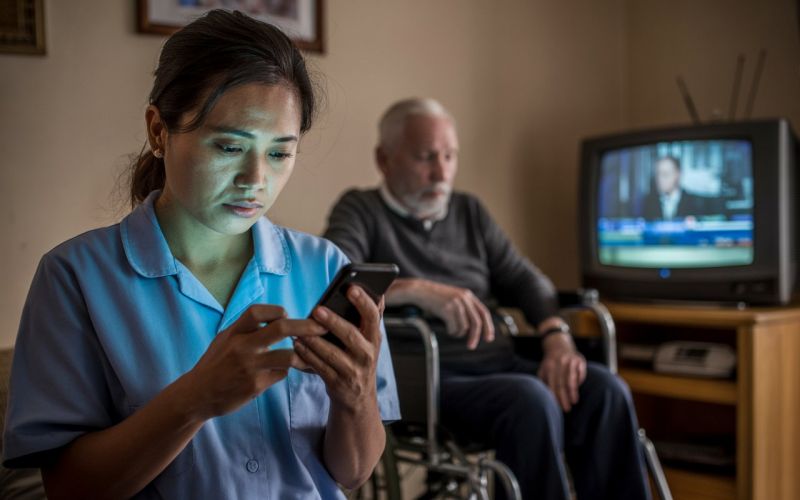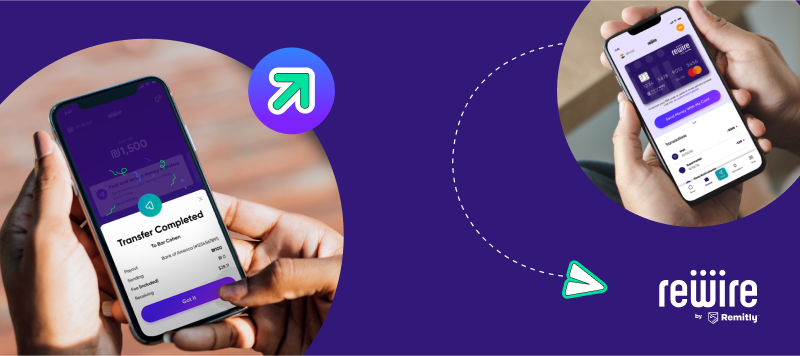Staying Digitally Connected with Family During War
iSavta | 20.06.2025

Why it matters: With sirens and uncertainty, keeping in touch is vital.
Living and working in Israel as a caregiver during times of conflict can be very scary and stressful. Sirens, news about attacks, and the fear of not knowing what will happen next can make you feel alone. But even during these hard times, one thing can give you strength: staying connected with your family.
When you talk to your loved ones, you feel less afraid. You feel loved and supported. They also feel better when they hear your voice and know you are safe.
Here are simple ways to stay digitally connected with your family, even during a conflict:
1. Use Messaging Apps
Most caregivers use apps like WhatsApp, Messenger, or Viber. These apps are free if you have internet. You can use them to send:
-
Messages
-
Voice notes
-
Photos and videos
-
Location sharing (to let your family know where you are)
During a siren or emergency, a quick “I’m okay” message can make your family feel calm.
2. Make Video Calls
Seeing each other’s faces makes a big difference. Use apps like:
-
WhatsApp video
-
Messenger video call
-
Zoom or Google Meet (if you want to talk to many family members at once)
A short video call, even just 2-3 minutes, can make you and your loved ones feel closer.
3. Use Voice Messages
Sometimes, typing is hard when you are panicking or busy helping your patient. You can record a short voice message saying:
“I’m safe now. The siren stopped. I’m in the shelter. Don’t worry.”
This is fast, easy, and more personal than a text.
4. Schedule Regular Check-Ins
Try to set a regular time every day to message or call your family, even just once in the morning or at night. This gives both of you peace of mind.
Example:
🕗 “I’ll call you every day at 8 PM, okay?”
If you miss a call, they won’t panic because they know when to expect you next.
5. Charge Your Phone Always
During conflicts, electricity might go off, or you may not have time to charge later. Keep your phone:
-
Fully charged as much as possible
-
With a power bank ready
-
On low battery mode to save power when needed
6. Turn On Emergency Alerts
Make sure your phone has Red Alert or Home Front Command apps installed. These give you real-time siren warnings. When a siren sounds, go to shelter first, then message your family after you're safe.
7. Use Simple Words
If your family is also not fluent in English, use simple words when texting or sending messages. Or write in your local language so everyone understands quickly.
8. Share Updates, Not Fear
Try not to spread too much fear or panic. Give short, honest updates.
Example:
“We had a siren this morning, but I’m okay. We went to the shelter. My patient is also okay.”
Being far from home during a war is never easy. But staying connected with your family—even with just one message or call a day—can give you strength, peace, and comfort.
Remember, you are not alone. Many caregivers are going through the same thing. Take care of yourself, and stay digitally connected with the people who love you.
Read more about All About Israel

All About Israel










